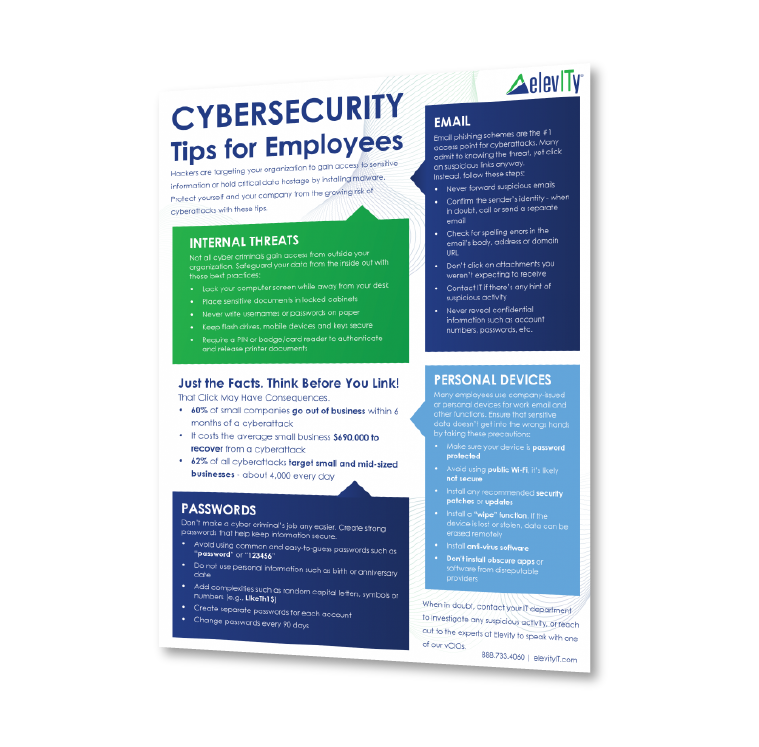Shoppers everywhere are frequently opting to use their credit cards from the comfort of their homes, taking advantage of online deals. But as you shop, you should remember to stay safe online with these helpful cybersecurity tips.
Careful with Clicks
Make sure you look for typos in emails or website links, which may indicate a phishing scam or fake links. Some potential digital security problems to look for include:
- Extra added letters in a domain, like samsclubb.com
- ‘rn’ disguised as 'm’ such as in potterybam.com
- 1’s disguised as l’s, as in Koh1s.com
- Added affixes such as target.com-dresses.us
Additionally, there are tons of fake shopping apps out there. Be careful what you download, and if you want to download a shopping app from your favorite store, it's best to go directly to the store’s website to be sure it’s legitimate.
Look for the Lock
We recommend only shopping from secure websites. To be certain it's secure, check for the little lock in the URL bar. Websites that use SSL (Secure Socket Layer) encrypt data during transmission, making it safe to use a credit card on that site. Again, look for that little lock in the address bar and a URL with “https” instead of “http” at the beginning. That little "s" is quite important.
Don’t Shop on Public Hotspots
It's best to avoid shopping on public Wi-Fi networks, like those in airports or coffee shops. While this may seem like the perfect time to knock out that shopping list, open hotspots are extremely dangerous.
Hackers have been known to intercept communications between you and the connection point so that instead of talking directly with the hotspot, you end up sending your information to the hacker. In this case, the hacker has access to all the information you send out—emails, phone numbers, and credit card information. And once a hacker has that information, you’ve basically given them the keys to your front door.
Instead, use a VPN (virtual private network) service which creates a private tunnel from your device to your service. VPN servers will encrypt your traffic passing through the public Wi-Fi hotspots so no one can read it.
Use Strong and Unique Passwords
Consider using a password manager to assist in dealing with the ever-increasing volume of complex and unique passwords you have for all your accounts.
To improve your digital security, never use a work email or any variation of your work password on any third-party websites outside of work. Additionally, set difficult, individual passwords for your banking services.
You can check out more cybersecurity tips here:








